
New section! Book Talk (by various reviewers)
Thinking, Fast and Slow by Daniel Kahneman (Penguin, 2012)
Amanda Gillis-Furutaka, Kyoto Sangyo University
Thinking fast is the intuitive thinking we do all the time, non-stop. Slow thinking is deliberate and effortful thinking. Fast thinking is essential for survival, and generally reliable, but it can be notoriously unreliable at times. This book shows both the marvels and the flaws of intuitive thought and how it often overrules our slow, careful thinking. Kahnemann creates metaphors to talk about the mind in terms that we can comprehend with ease. He describes these two types of thinking as “System 1” (fast thinking) and “System 2” (slow thinking). These are not systems with the usual meaning of entities with interacting parts. He uses these terms to describe our mind because we have a special aptitude for the construction and interpretation of stories with an active agent that has a personality, habits and abilities. These terms are like nicknames and using them reduces the burden on our working memory, increasing our ability to think about the phenomena he describes. Kahnemann provides experimental evidence and even shares his own experiences to illustrate the dangers of trusting our System 1 intuitions all the time. The book is full of science, but very easy to read with powerful insights and wake-up calls for people in all walks of life.


Curtis Kelly’s bookshelf
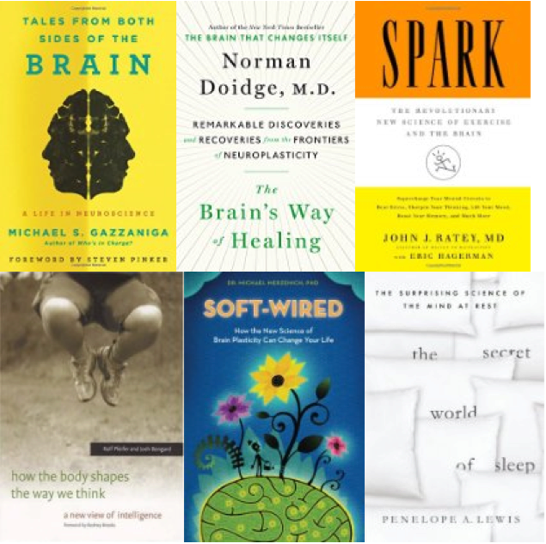
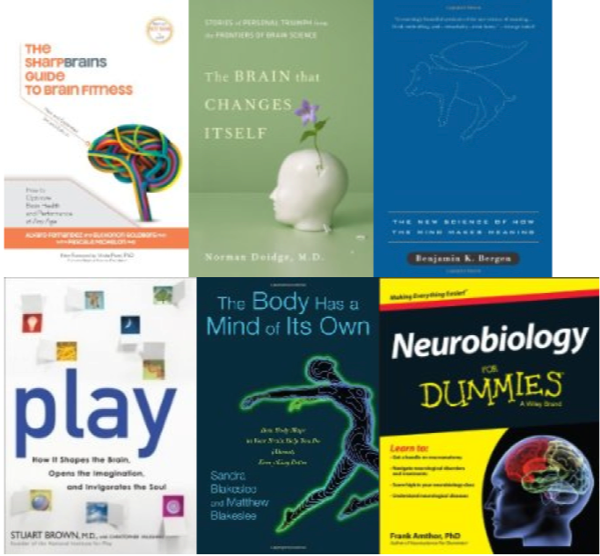
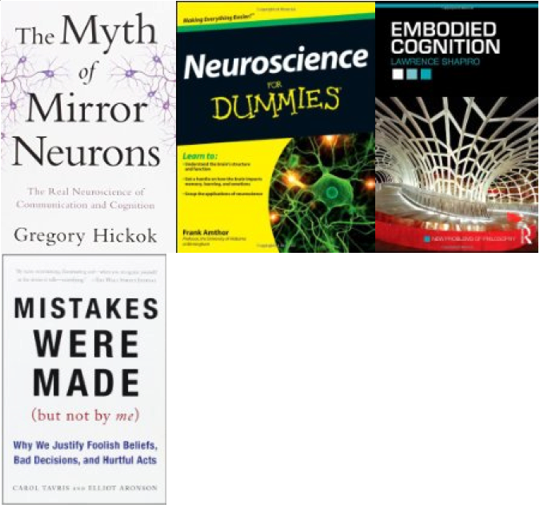

Robert S. Murphy’s bookshelf
being published. Don't be duped! All of the books here are personally recommend
by Robert. They are some of the best books out there. If you have questions about these books,
you can send your question to Robert's e-mail: m@murphyschool.com
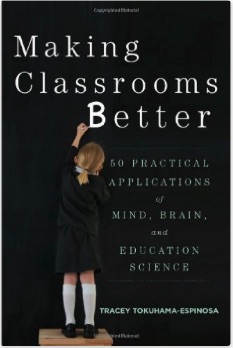
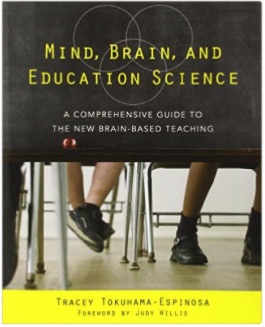


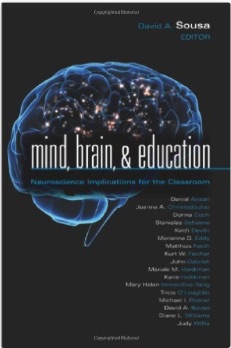
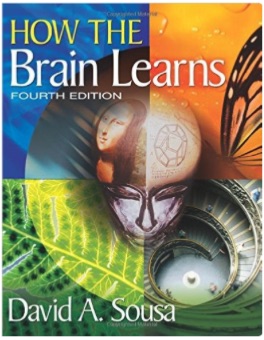
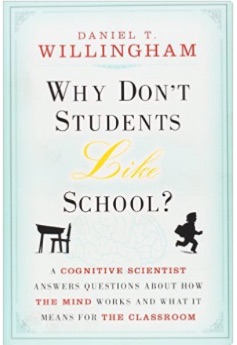
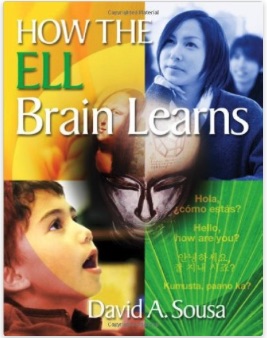
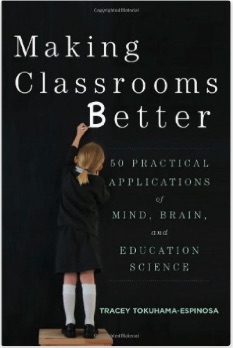

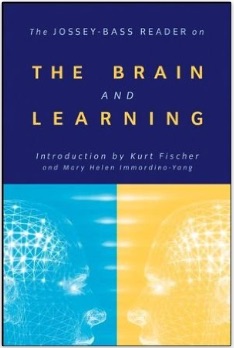


Marc Helgesen’s bookshelf
Flourish by Martin Seligman ¥1214
http://www.amazon.co.jp/Flourish-Visionary-Understanding-Happiness-Well-being/dp/1439190763/ref=sr_1_1?ie=UTF8&qid=1331362615&sr=8-1
Positivity by Barbara Fredrickson ¥1062
http://www.amazon.co.jp/Positivity-Top-Notch-Research-Reveals-Change/dp/0307393747/ref=sr_1_1?s=english-books&ie=UTF8&qid=1331362796&sr=1-1
The How of Happiness by Sonya Lyubormisky ¥1214
http://www.amazon.co.jp/How-Happiness-Approach-Getting-Life/dp/0143114956/ref=pd_sim_fb_2
A Primer in Positive Psychology by Chris Peterson ¥3704
http://www.amazon.co.jp/Primer-Positive-Psychology-Oxford-Series/dp/0195188330/ref=sr_1_1?ie=UTF8&qid=1331362920&sr=8-1
Happier by Tal ben-Shahar ¥1235
http://www.amazon.co.jp/Happier-Can-You-Learn-Happy/dp/0077123247/ref=sr_1_1?s=english-books&ie=UTF8&qid=1331362991&sr=1-1
If you prefer a video, he makes similar points in a PBS special Happiness 101: ¥2111
http://www.amazon.co.jp/Happiness-101-With-Ben-Shahar-Import/dp/B002GXG5AI/ref=sr_1_1?s=dvd&ie=UTF8&qid=1331363157&sr=1-1
http://www.amazon.co.jp/Flourish-Visionary-Understanding-Happiness-Well-being/dp/1439190763/ref=sr_1_1?ie=UTF8&qid=1331362615&sr=8-1
Positivity by Barbara Fredrickson ¥1062
http://www.amazon.co.jp/Positivity-Top-Notch-Research-Reveals-Change/dp/0307393747/ref=sr_1_1?s=english-books&ie=UTF8&qid=1331362796&sr=1-1
The How of Happiness by Sonya Lyubormisky ¥1214
http://www.amazon.co.jp/How-Happiness-Approach-Getting-Life/dp/0143114956/ref=pd_sim_fb_2
A Primer in Positive Psychology by Chris Peterson ¥3704
http://www.amazon.co.jp/Primer-Positive-Psychology-Oxford-Series/dp/0195188330/ref=sr_1_1?ie=UTF8&qid=1331362920&sr=8-1
Happier by Tal ben-Shahar ¥1235
http://www.amazon.co.jp/Happier-Can-You-Learn-Happy/dp/0077123247/ref=sr_1_1?s=english-books&ie=UTF8&qid=1331362991&sr=1-1
If you prefer a video, he makes similar points in a PBS special Happiness 101: ¥2111
http://www.amazon.co.jp/Happiness-101-With-Ben-Shahar-Import/dp/B002GXG5AI/ref=sr_1_1?s=dvd&ie=UTF8&qid=1331363157&sr=1-1



